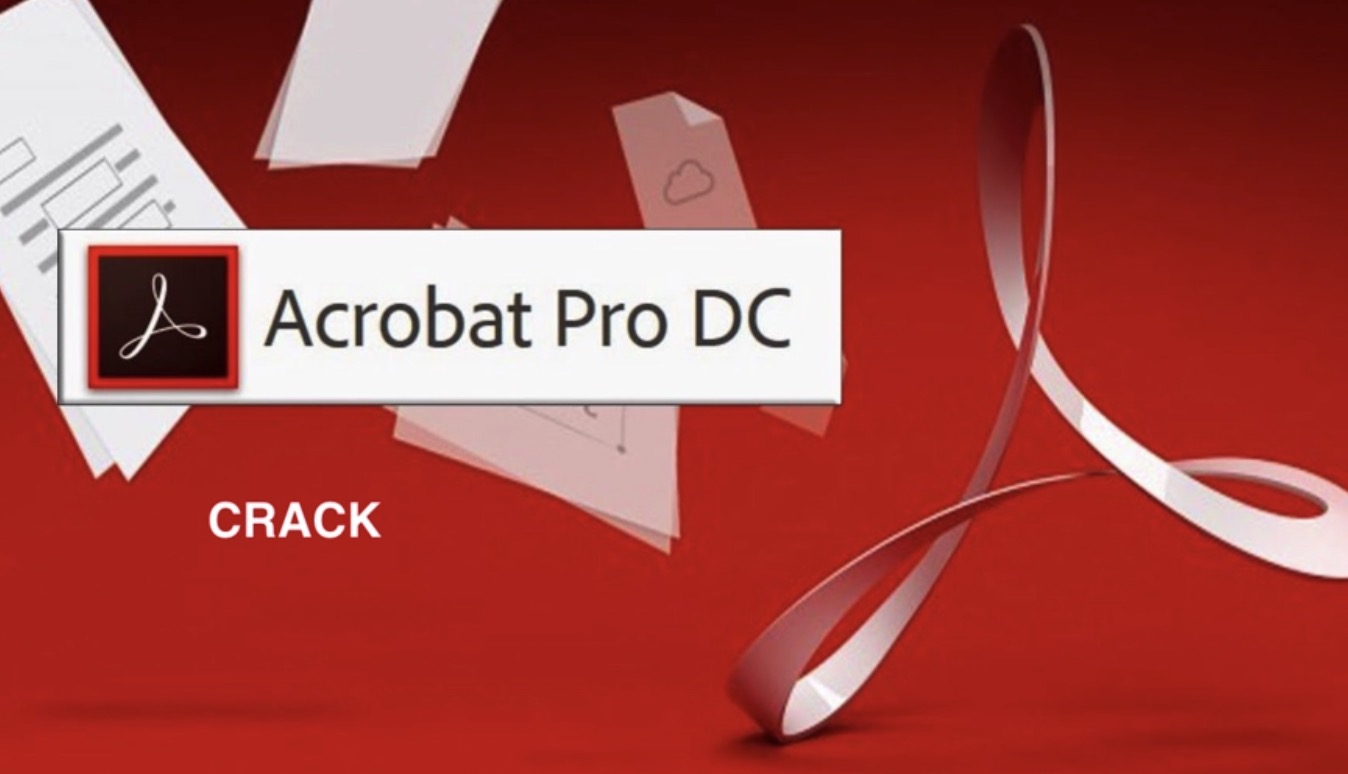Is your PC a victim of Adobe Acrobat or Adobe Reader errors? Are these applications crashing too often and you feel clueless as to how to prevent such occurrences? If yes, you'll need to start repairing errors in your Windows operating system in order to run these products in an error-free environment.
Download Application Updates
Check for compatibility issues with the application.
Download and install the latest application updates to make sure that its features and components are compatible with your system.
Open Adobe Acrobat/ Adobe Reader.
Click on the Help menu.
Select the Check for Updates option.
Repair Adobe Installation and Files
Try re-installation.
Application files may become corrupt over a period of time. A required DLL/ ActiveX file may be deleted, renamed or moved. Re-installing the application may fix this issue.
Click on the Help menu.
Select the Repair Acrobat installation option in the case of Adobe Acrobat.
Select Repair Adobe Reader installation in the case of Adobe Reader.
Repair issues in Windows.
Clean up your Windows from junk files through the Intel Software Partner, RegInOut System Utilities.
Remove Malfunctioning Plug-Ins
Be aware that plug-ins are of two types: pre-installed plug-ins and third party plug-ins.
You may have installed new plug-ins recently. If any of those plug-ins are not working properly, you may face certain errors.
Double-click the Computer icon on your Desktop.
Click the View tab on the Ribbon interface.
Check-up the “Hidden items” checkbox.
In the case of Adobe Acrobat, open: C:Program Files (x86)AdobeAcrobat 11.0Acrobatplug_ins.
In the case of Adobe Reader, open: C:Program Files (x86)AdobeReader 11.0Readerplug_ins.
Delete any third party plug-ins that you’ve installed.
In the case of Adobe Acrobat, open: C:Program Files (x86)AdobeAcrobat 11.0Acrobatplug_ins3d.
In the case of Adobe Reader, open: C:Program Files (x86)AdobeReader 11.0Readerplug_ins3d
Delete all third party plug-ins installed.
Delete Application Cache Contents
Remove cached contents.
Cache contents are rewritten every time you open the application. They are temporary in nature and the possibility of cache corruption is also higher. Delete cache folder contents and re-open your application.
Exit Adobe Acrobat.
Show hidden files and folders, if not done already.
(Refer to Steps # 2-4 from Remove Malfunctioning Plug-Ins above.)
Open the following directory: C:Users[UserName]AppDataLocalAdobeAcrobat\Cache.
Delete all folder contents and subfolders, if any.
Reinstall the Program
Uninstall the program.
Then download and install the latest available release from the Internet. This may fix your issue.
Press Windows Key + X.
Select Programs and Features.
Select Adobe Acrobat/ Adobe Reader version.
For example: Adobe Acrobat XI Pro or Adobe Reader XI (11.0.09).
Select the Uninstall option.
Follow the removal wizard.
Restart your PC.
Visit the official website of Adobe to download the latest version.
Update Graphics Driver
Update the driver.
Do you periodically update your graphics driver? Updating your graphics driver will sort out the issue.
Press Windows Key + X.
Select the Device Manager.
Expand the top node.
Expand the Display Adapters.
Right click your graphics card.
For example, Intel® HD Graphics. Select Update driver software.
Follow the on-screen instructions.
Reboot.
Use ClearType Text Tuner
As a default, ClearType Text is disabled.
Check the feature status on your system. Turn on ClearType Text as follows.
Press Windows Key + X.
Select Control Panel.
Click Appearance and Personalization | Display.
Click “Adjust ClearType text” link on left panel.
The Type Text Tuner dialog box will open.
Check-up “Turn on ClearType” checkbox.
Click the Next button.
Follow the wizard.
Install Microsoft Updates
Make sure that your computer is up-to-date with the latest Microsoft updates.
Press Windows Key + C.
The Charms Bar will open.
Click Search.
Type “Update”.
Click the Settings icon.
Open “Check for Updates”.
Follow the instructions in a metro-app.
Turn Off Drive Compression
Check whether your driver compression feature is turned on.
Drive compression causes a delay in retrieving file contents, thereby leading to Adobe Acrobat and Adobe Reader crashes.
Double click the Computer icon on your Desktop.
Right click a partition, say drive C:.
Select Properties.
Click on the General tab.
Uncheck the box named “Compress this drive to save disk space”.
Click Apply | OK.
Fix Problems Handling Temporary Contents
Make sure that the path specified in environment variables is the same temporary directory path.
If both the paths are different, specify the appropriate path or create a new directory.
Right click the Computer icon on Desktop.
Select Properties.
Click “Advanced system settings” link on left panel.
The System Properties dialog will open.
Click Environment Variables button in the Advanced tab.
Select “Temp” variable in “User variables for ” category.
Click Edit.
Copy the value in a Notepad document.
Click OK | OK.
Press Windows Key + R.
Paste the path from Notepad document.
Click OK.
Does that path really exist?
If not, it’s probably a wrong path or the temporary folder is accidentally deleted. In that case, create that particular directory.
Tips
- During the reinstallation or upgrading process, be sure to close all open programs.
